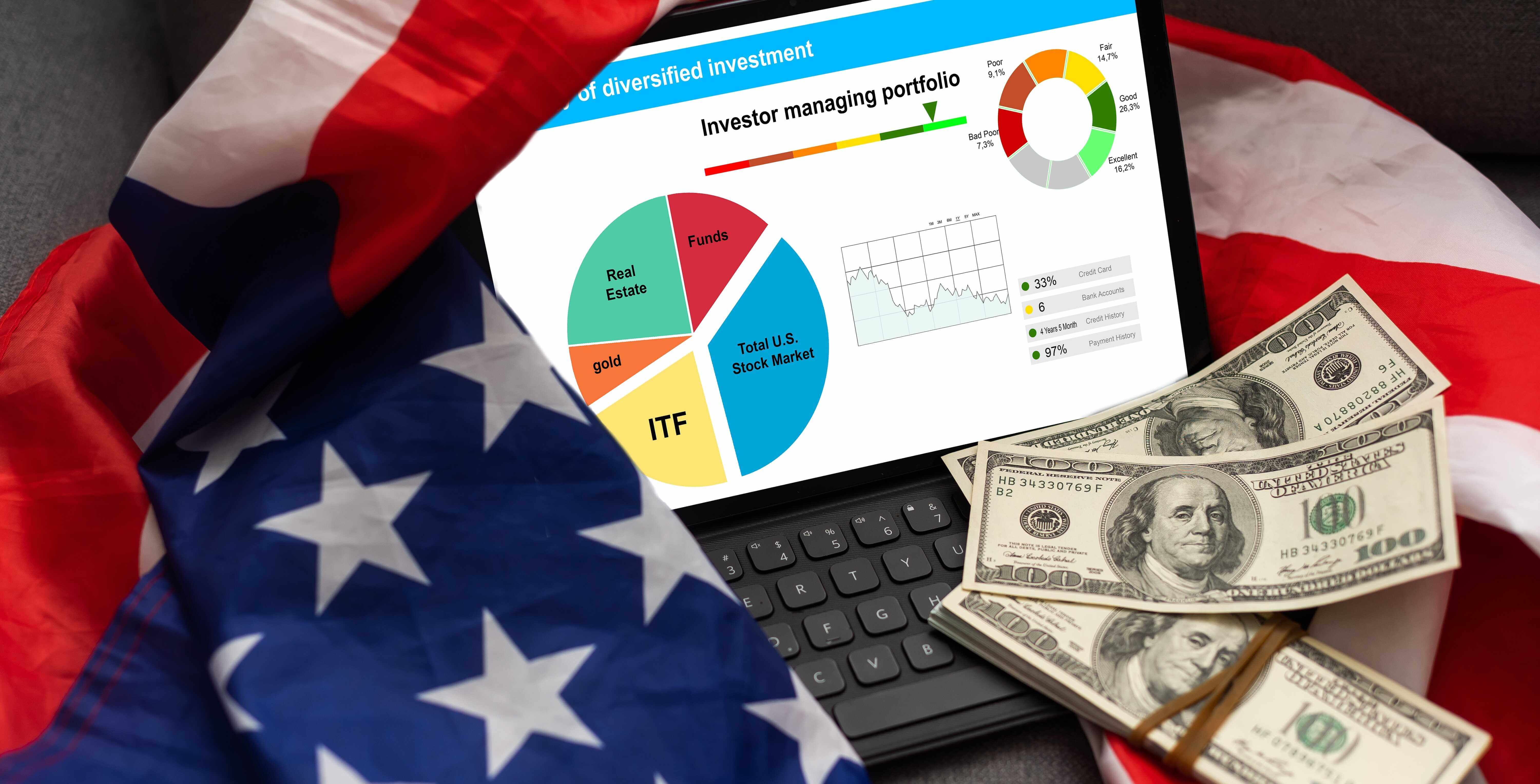Retirees In These 9 States Risk Losing Some Of Their Social Security Checks

The average Social Security benefit is approaching $2,000 per month for the first time. You'd think that would provide a comfortable supplement to personal savings for typical retirees, but it's often not the case. The federal government taxes the benefits of an increasing number of seniors based on their income and marital status. And some states tax a portion of their retirees' checks, too.
Fortunately, state Social Security benefit taxation is becoming less common over time. Only the following nine states still have benefit tax laws on the books, but they might not apply to you.
Start Your Mornings Smarter! Wake up with Breakfast news in your inbox every market day. Sign Up For Free »
Image source: Getty Images.
The 9 states that still tax Social Security benefits
The following nine states still have Social Security benefit taxes as of 2025:
- Colorado
- Connecticut
- Minnesota
- Montana
- New Mexico
- Rhode Island
- Utah
- Vermont
- West Virginia
But living here isn't a guarantee you'll owe your state a cut of your Social Security checks. Each state has its own criteria for who owes these taxes and how much they pay. Often, there's an exemption for those with adjusted gross incomes (AGIs) below certain thresholds. You can check with your state department of taxation or a local accountant to learn whether you could owe these taxes in your state.
Even if you're at risk for state Social Security benefit taxes today, that may not be the case forever. For example, Colorado, which already exempted Social Security benefits taxable at the federal level from state taxable income for adults 65 and older, expanded this rule in 2025 to include all adults 55 and older. To qualify, you must have an AGI of $75,000 or less for an individual or $95,000 or less for a married couple.
West Virginia is also exempting 65% of its residents' Social Security benefits from their taxable income in 2025, up from 35% in 2024. Beginning in 2026, West Virginians won't owe state Social Security taxes at all. Your state could also change its rules over time as these taxes continue to become less popular, so keep an eye out for changes.
Federal Social Security benefit tax rules apply to all 50 states
Most Social Security beneficiaries won't have to worry about state benefit taxes, but federal benefit taxes have become increasingly difficult to avoid. If your provisional income -- AGI, nontaxable interest from municipal bonds, and half your annual Social Security benefit -- exceeds the thresholds below for your marital status, you could owe the IRS a chunk of your checks:
|
Marital Status |
0% of Benefits Taxable if Provisional Income Is Under: |
Up to 50% of Benefits Taxable if Provisional Income Is Between: |
Up to 85% of Benefits Taxable if Provisional Income Exceeds: |
|---|---|---|---|
|
Single |
$25,000 |
$25,000 and $34,000 |
$34,000 |
|
Married |
$32,000 |
$32,000 and $44,000 |
$44,000 |
Source: Social Security Administration.
The above table indicates only what percentage of your benefit could be taxable. The actual amount you'd pay depends on your income tax bracket. Still, it could easily cost you hundreds or even thousands of dollars.
These taxes have become more common over time because average benefits continue to rise and the taxation thresholds listed above haven't changed in 30 years, nor are there plans to raise them. However, President-elect Donald Trump has proposed eliminating this benefit tax. If enacted, it would provide a short-term boost to seniors affected by these taxes, though the long-term consequences are concerning.
What to do if you owe Social Security benefit taxes
It's possible to plan for Social Security benefit taxes on your own by estimating how much you'll owe and setting this money aside. You can work with an accountant if you need to estimate your 2025 tax bill.
You can also request that the Social Security Administration withhold money from your checks to cover these taxes by filling out a Form W-4 V. If the government withholds too much from your checks throughout the year, you'll get the excess back as part of your refund when you file your next tax return.
If you're at risk of owing state benefit taxes, check whether your state lets you do something similar. If not, you may have to budget for these taxes on your own.
The $22,924 Social Security bonus most retirees completely overlook
If you're like most Americans, you're a few years (or more) behind on your retirement savings. But a handful of little-known "Social Security secrets" could help ensure a boost in your retirement income. For example: one easy trick could pay you as much as $22,924 more... each year! Once you learn how to maximize your Social Security benefits, we think you could retire confidently with the peace of mind we're all after. Simply click here to discover how to learn more about these strategies.
View the "Social Security secrets" »
The Motley Fool has a disclosure policy.


